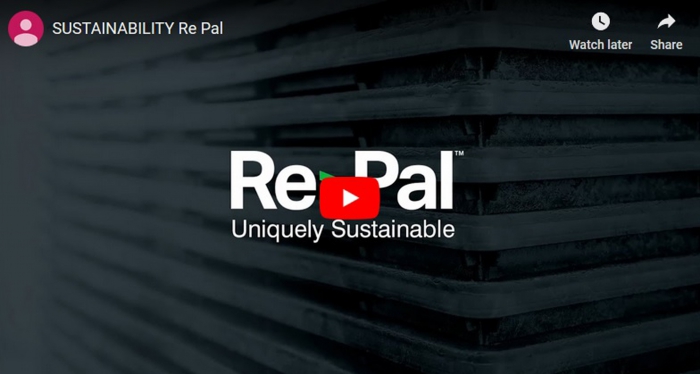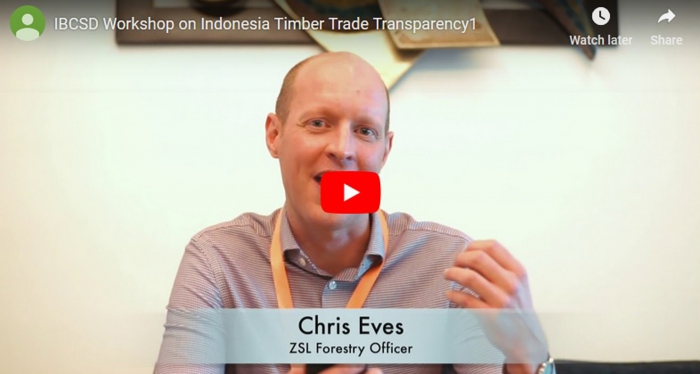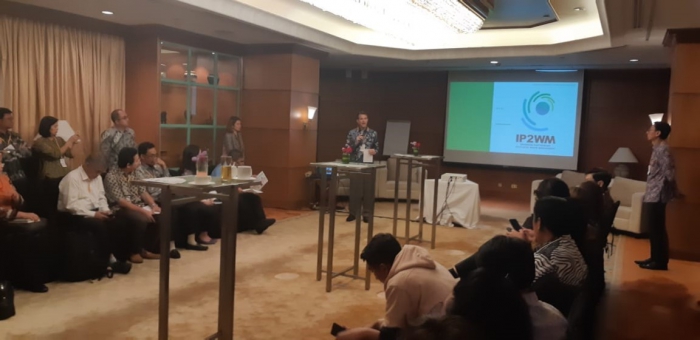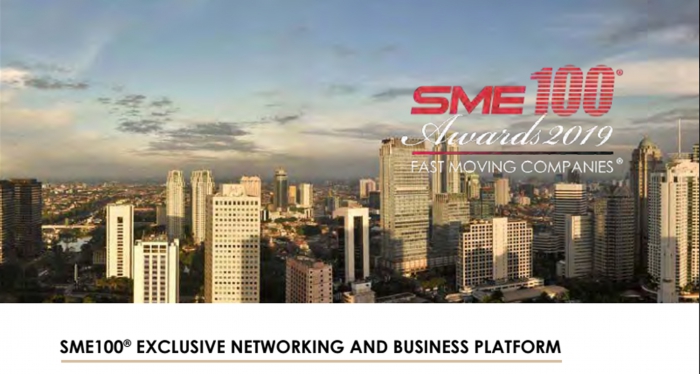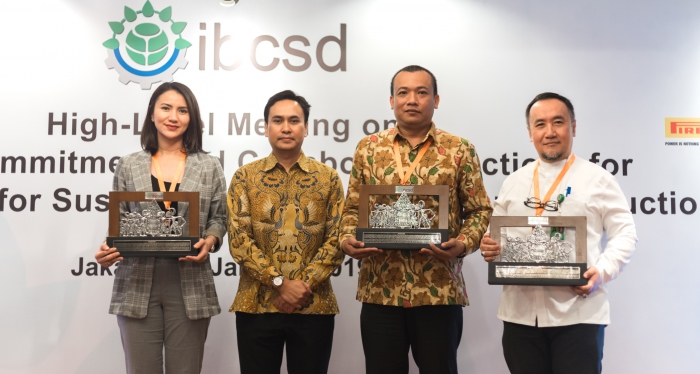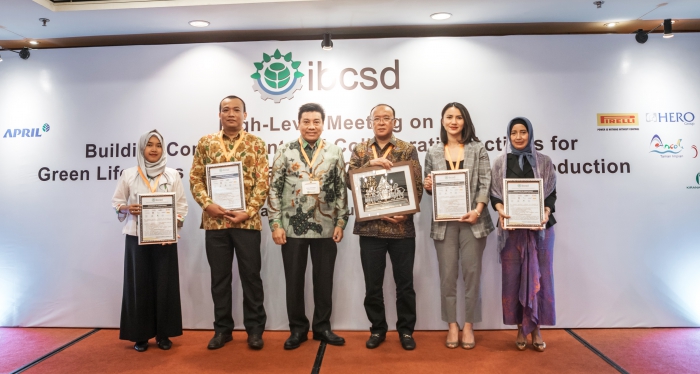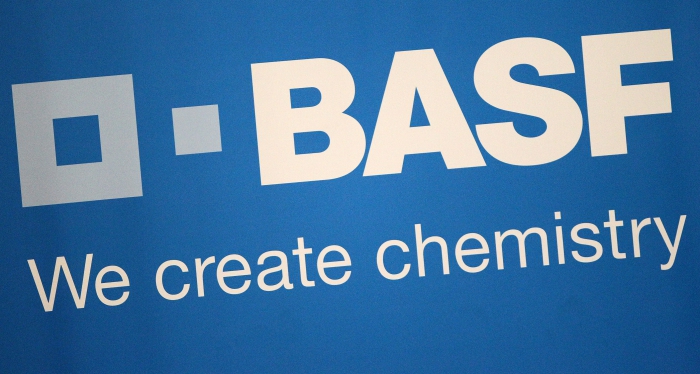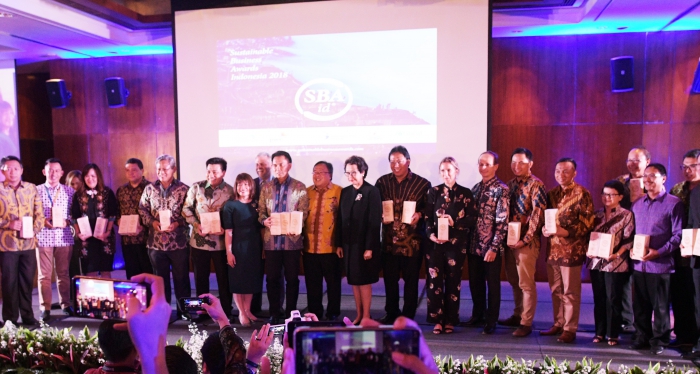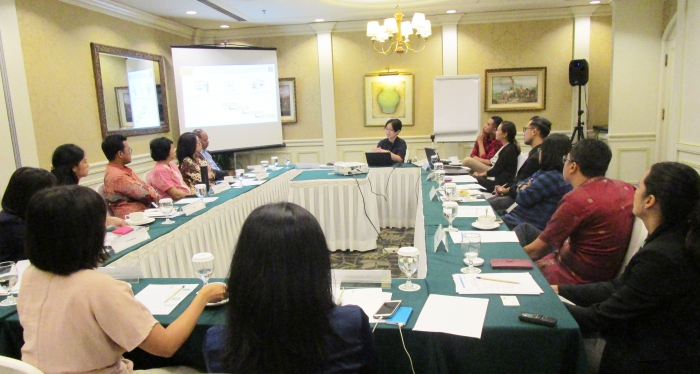Here are the list of the winners:
Overall winner – Vale Indonesia
Winners of Sustainability Categories:
Best, Strategy & Sustainability Management – Holcim
Special Recognition, Strategy & Sustainability Management – Bayer Indonesia
Best Workforce – Vale Indonesia
Special Recognition, Workforce – Trakindo Utama
Best Sustainability in the Community – Corteva Agriscience
Special Recognition, Sustainability in the Community – United Tractors
Best Energy Management – Pertamina
Special Recognition, Energy Management – Ispat Indo
Best Water Management – Multi Bintang
Special Recognition, Water Management – Asia Pulp and Paper
Best Waste and Material Productivity – Multi Bintang
Special Recognition, Waste and Material Productivity – Kreskros
Best Supply Chain Management – H&M Indonesia
Special Recognition, Supply Chain Management – Astra International
Best Land Use and Biodiversity – Rimba Makmur
Special Recognition, Land Use and Biodiversity – Chevron Indonesia
Best Business Responsibility & Ethics – Vale Indonesia
Special Recognition, Business Responsibility & Ethics – APRIL Group
Best Stakeholder Engagement & Materiality – Asia Pulp and Paper
Special Recognition, Stakeholder Engagement & Materiality – Pertamina
Best UN SDGs – APRIL Group
Special Recognition, UN SDGs – Pertamina
Winners of Special Categories:
Best Newcomer – Cargill
Best Flagship Initiative – Astra International
Special Recognition, Flagship Initiative – Bayer Indonesia
Special Recognition, Social Enterprise –
- Kreskros
- 8villages
Winners of New 2018 Award Categories:
Best Cooling Efficiency Award – Ispat Indo
Special Recognition – Cooling Efficiency
- i) Nestle Indonesia
- ii) United Tractors
Best Sustainability in Journalism Award – Erwan Hermawan, Tempo Magazine.
Special Recognition for Sustainability in Journalism Award – Hans Nicholas Jong, Mongabay Indonesia
Special Recognition for Sustainability in Journalism Award – Safrin La Batu, The Jakarta Post
